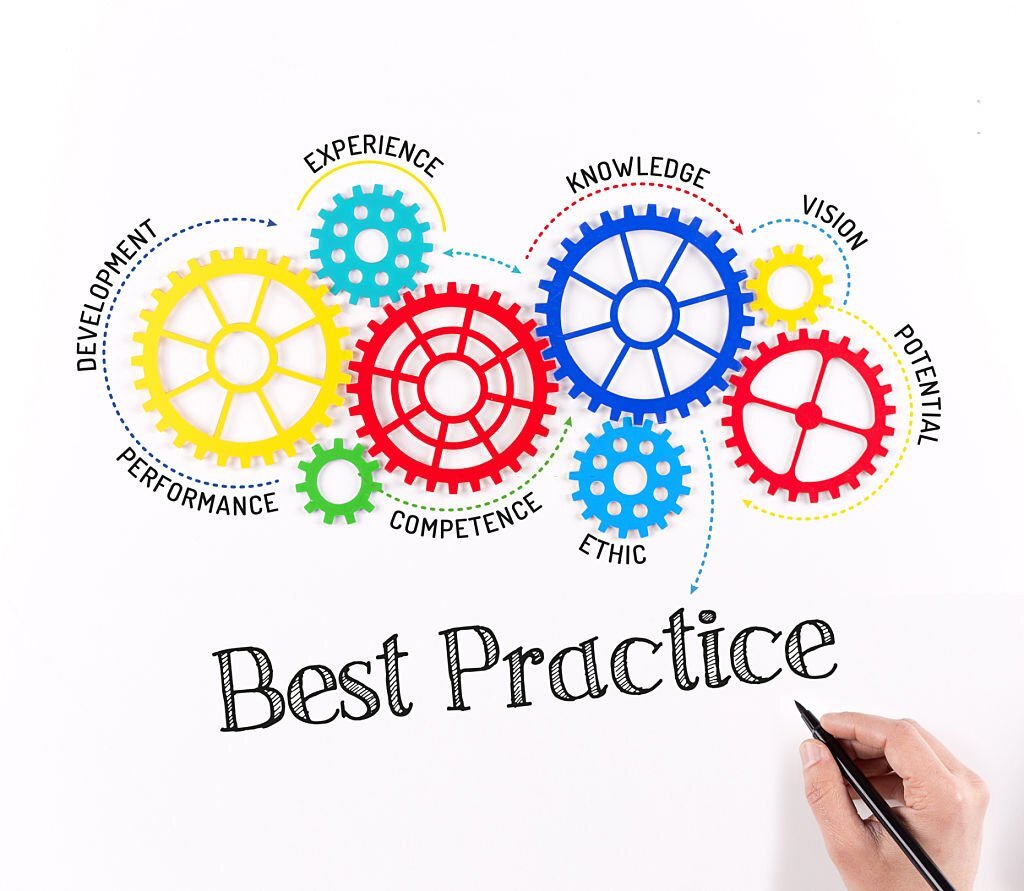
Do you have what it takes to succeed in today’s competitive workplace?
In today’s economy, it’s not enough to be just smart or talented. You also need to have a strong work ethic and a commitment to ethics.
A strong work ethic means being willing to put in the hard work and effort to achieve your goals. It means being persistent in the face of setbacks and challenges. And it means being disciplined enough to stay focused on your goals, even when it’s tempting to give up.
Ethics, on the other hand, are the principles that guide our behavior. They are the standards of right and wrong that we use to make decisions. In the workplace, ethics are essential for building trust and creating a positive work environment.
So, if you want to succeed in today’s workplace, you need to develop a strong work ethic and a commitment to ethics. But how do you do that?
In this blog post, I’ll share some tips on how to develop a strong work ethic and a commitment to ethics. I’ll also discuss the importance of these qualities in the workplace.
Work ethic is a set of values centered on the importance of work and manifested by determination or desire to work hard. It is a belief that work and diligence have a moral benefit and an inherent ability, virtue or value to strengthen character and individual abilities.
People who possess a strong work ethic embody certain principles that guide their work behavior. These principles may include:
- Diligence: The willingness to put in hard work and effort, even when it is difficult.
- Perseverance: The ability to keep working towards a goal, even in the face of setbacks.
- Integrity: The willingness to do the right thing, even when it is not easy.
- Honesty: The willingness to be truthful and trustworthy.
- Responsibility: The willingness to take ownership of one’s work and to be accountable for one’s actions.
- Discipline: The ability to control one’s impulses and to work towards long-term goals.
- Humility: The willingness to learn from one’s mistakes and to be open to feedback.
A strong work ethic can be a valuable asset in any workplace. Employees with strong work ethics are often more productive, more reliable, and more likely to be promoted. They are also more likely to be satisfied with their work and to feel a sense of accomplishment.
Here are some tips for developing a strong work ethic:
- Set goals and make a plan to achieve them.
- Break down large tasks into smaller, more manageable ones.
- Set deadlines for yourself and stick to them.
- Find a work environment that motivates you.
- Surround yourself with positive people who have a strong work ethic.
- Celebrate your successes, no matter how small.
Developing a strong work ethic takes time and effort, but it is worth it. A strong work ethic can help you achieve your goals, build a successful career, and live a fulfilling life.
Changing the Ethics Culture
Ethics are the soul of your organization. They describe what kind of behavior and conduct is permissible within your organization and what’s not. But ethics don’t come alive until and unless your employees behave with respect to them. They remain mere words which are inscribed in the soul of your organization. So, to bring your organization’s ethics to life, you have to help your employees integrate them in their soul too.
Although this task appears a little challenging, its accomplishment is crucial for the betterment of your organization. Believe me, if each of your employees starts abiding by the ethical code of conduct of your organization, most of the workplace troubles will get averted. Your organization’s environment will become healthier and so will your employees be. They’ll be happier and more productive, working in the office and your organization will start paving its way to success.
According to a report from SHRM, the stock price of 100 most ethical firms outperforms their peers by 300%. This is because strong ethical values when instilled in employees result in enhanced workplace happiness, productivity, and better customer experience.
Thus, despite the challenging nature of the task at hand, you should make a firm decision to accomplish it.
Now, let’s discuss 7 ways to develop strong work ethics in your employees.

1. Make your employees aware of your organization’s ethics:
This is the first step to help your employees incorporate the ethical values of your organization.
You have to make them aware of your organization’s ethics.
Along with this, you have to let them know how much the ethics matter to you and your organization.
It is through the demonstration of your commitment to the ethical code of conduct that you can instill a similar kind of seriousness in your employees.
So, you should conduct training sessions in your organization and make your employees aware of your organization’s ethics.
Make sure to prepare well for the sessions so that you can properly convey the importance of ethics in your company.
2. Enhance employee involvement by inviting suggestions from your employees:
After making your employees aware of the ethics of your organization, you should also invite suggestions from them.
You should ask them if they would like something to be added to the existing ethical code of conduct.
This will enhance their involvement in the process and commitment to the organization’s ethics.
3. Be an example for your employees:
When you practice what you preach, your employees are more likely to follow in your footsteps.
So, you should be an example for your employees and exemplify the kind of behavior you expect from them.
Under all circumstances, your behavior should be in accordance with the ethical code of conduct.
You should treat your subordinates exactly in the same way as you wish them to behave with each other.
This will give them an expression that you stimulate them to incorporate the ethics of your organization in their decision-making process.
4. Display the ethical code of conduct at different places:
To help your employees remember and buy into the ethical code of conduct, you should display the ethical code at different places in the organization.
Whenever your employees look at it, they will be reminded that you take the ethics code seriously and they expect you to do the same.
As a result, their chances of misconduct will get significantly reduced and your ethical code of conduct will come to life.
5. Conduct regular meetings to reinforce ethics:
To develop strong work ethics in your employees, you have to make continuous efforts.
Every now and then, you have to remind your employees of the ethics they have to practice.
For this, you should conduct regular meetings to reinforce ethics, their importance and value in your organization.
This will help your employees remember that they have an ethical code of conduct to follow.
6. Utilize rewards to motivate your employees to follow the ethics standards:
It is a well-known fact that rewards are excellent motivation boosters.
So, to motivate your employees to follow the ethical code of conduct, you should implement the rewards strategy in your organization.
Every employee who follows the ethical code of conduct properly should get rewarded.
This will stimulate him to keep it up and motivate the rest of your employees to follow in his footsteps.
7. Keep a check on ethical breaches and address them well:
On your journey to help your employees instill your organization’s ethics, you have to stay watchful of any ethical breaches.
This is important to help your employees realize that no ethical breaches are acceptable within the organization.
Once you are informed of an ethical breach, however small it may seem, you should address it fully.
Ethics are necessary to keep your organization working in a morally sound manner.
But the existence of ethics doesn’t become fruitful until your employees start practicing them in their work life.
So, it is crucial for you to beacon your employees in the direction of practicing your organization’s ethics properly and the above mentioned ways will help you with the same.
Remember to “walk the talk” of ethical behavior in your every action.

Conclusion
A strong work ethic and a commitment to ethics are essential for success in today’s workplace.
These qualities are not just about doing your job well. They are also about being a good person and contributing to a positive work environment.
When you have a strong work ethic, you are more likely to be productive and to achieve your goals. You are also more likely to be seen as a valuable asset to your team and your organization.
When you have a commitment to ethics, you are more likely to make decisions that are right for your team, your organization, and your community. You are also more likely to be trusted and respected by your colleagues and your clients.
So, if you want to succeed in today’s workplace, develop a strong work ethic and a commitment to ethics. These qualities will help you achieve your goals and make a positive difference in the world.





